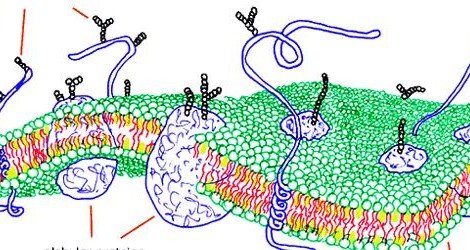
What Is Autoimmune Disease
An autoimmune disorder is a condition that occurs when the immune system mistakenly attacks and destroys ones own healthy body tissue. There are more than 80 different types of autoimmune disorders and more diseases are being linked to this category all the time.
Usually the immune system’s white blood cells help protect the body from harmful substances, called antigens. Antigens include bacteria, viruses, toxins, cancer cells, and blood or tissues from another person or species. The immune system produces antibodies that destroy these harmful substances.
In patients with an autoimmune disorder, the immune system can’t tell the difference between healthy body tissue and antigens or the immune response is just too potent and tissue near to antigens is damaged. The result is an immune response that destroys or scars normal body tissues. This response is commonly a hypersensitivity reaction similar to the response in allergic conditions and reducing the sensitivity is a path of treatment.
In allergies, the immune system reacts to an outside substance that it normally would ignore. With autoimmune disorders, the immune system reacts to normal body tissues that it would normally ignore and thus not harm.
What causes the immune system to no longer tell the difference between healthy body tissues and antigens is unknown. One theory is that some microorganisms (such as bacteria or viruses) or drugs may trigger some of these changes, especially in people who have genes that make them more likely to get autoimmune disorders.
An autoimmune disorder may result in:
- The destruction of one or more types of body tissue
- Abnormal growth of an organ
- Changes in organ function
An autoimmune disorder may affect one or more organ or tissue types. Organs and tissues commonly affected by autoimmune disorders include:
- Blood vessels
- Connective tissues
- Endocrine glands such as the thyroid or pancreas
- Joints
- Muscles
- Red blood cells
- Skin
Recent Comments